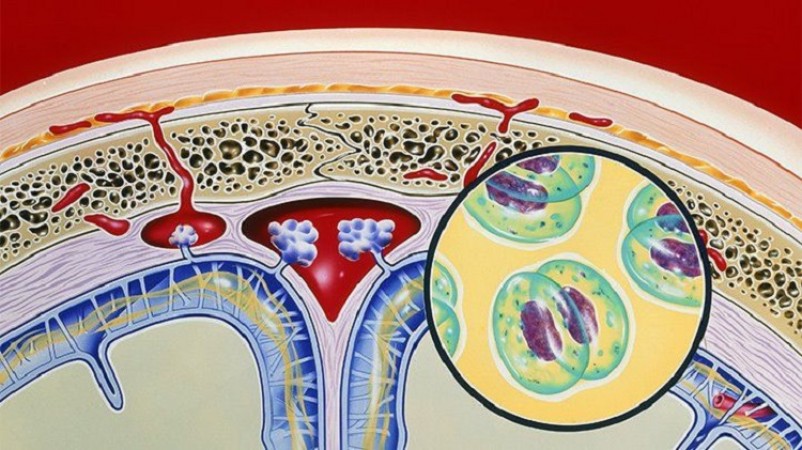
World Meningitis Day is an annual event observed on October 5th to raise awareness about meningitis, a potentially life-threatening disease that affects millions of people worldwide. This day serves as an opportunity to educate individuals about the various types of meningitis, its symptoms, historical context, and the significance of timely diagnosis and vaccination. In this article, we will delve into the world of meningitis to gain a comprehensive understanding of this disease.
What is Meningitis?
Meningitis is an inflammation of the protective membranes surrounding the brain and spinal cord known as the meninges. It can be caused by a variety of pathogens, including viruses, bacteria, fungi, or parasites. Of these, bacterial and viral meningitis are the most common types, with bacterial meningitis being the more severe and life-threatening form.
Types of Meningitis:
Bacterial Meningitis: This type is caused by bacterial infections and is the most dangerous form of meningitis. Common culprits include Streptococcus pneumoniae, Neisseria meningitidis, and Haemophilus influenzae. Bacterial meningitis can progress rapidly and requires immediate medical attention.
Viral Meningitis: Viral infections, such as enteroviruses, mumps, and herpes simplex virus, are responsible for most cases of viral meningitis. It is generally less severe than bacterial meningitis and often resolves without specific treatment.
Fungal Meningitis: Fungal infections, although less common, can also lead to meningitis. These infections are usually seen in individuals with weakened immune systems.
Parasitic Meningitis: Rare parasitic infections, such as amebic and eosinophilic meningitis, can cause inflammation of the meninges. These infections are often linked to contaminated water sources.
Symptoms of Meningitis:
Meningitis symptoms can vary depending on the type and severity of the infection but often include:
Severe headaches, Stiff neck, High fever,Sensitivity to light (photophobia),Nausea and vomiting, Confusion or altered mental status, Rash (in some cases, especially with meningococcal meningitis)
History of Meningitis:
Meningitis has been recognized as a medical condition for centuries. The term "meningitis" was first coined by the French physician Jean-Antoine Villemin in the mid-19th century. Throughout history, meningitis outbreaks have caused significant morbidity and mortality. Notable epidemics include the 19th-century cerebrospinal fever epidemic and the devastating 20th-century meningitis epidemics in sub-Saharan Africa, known as the "African Meningitis Belt."
Advances in medical science, particularly the development of vaccines and antibiotics, have significantly reduced the impact of meningitis in many parts of the world. However, meningitis remains a global health concern, and continued vigilance is required to prevent outbreaks and protect vulnerable populations.
Significance of World Meningitis Day:
World Meningitis Day serves several crucial purposes: Awareness: It raises awareness about the different types of meningitis, their symptoms, and the importance of early diagnosis and treatment.
Prevention: Emphasizes the role of vaccines in preventing certain types of bacterial meningitis, such as meningococcal and pneumococcal meningitis.
Support: Provides support to survivors and their families who may be dealing with long-term complications or the loss of loved ones due to meningitis.
Advocacy: Encourages governments, healthcare organizations, and individuals to prioritize meningitis prevention and vaccination programs.
On World Meningitis Day 2023, it is crucial to remember that meningitis remains a significant global health challenge. By understanding the various types, recognizing the symptoms, and supporting vaccination efforts, we can collectively work towards reducing the burden of this potentially devastating disease. Timely awareness, prevention, and treatment can save lives and protect the well-being of communities worldwide.